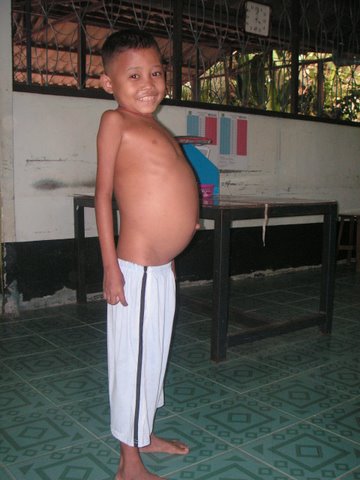Blood Disorders
 The most common type of blood disorder treated by BCMF is Thalassemia. Thalassemia is a blood disorder passed down through families (inherited) in which the body makes an abnormal form of hemoglobin, the protein in red blood cells that carries oxygen. The disorder results in excessive destruction of red blood cells, which leads to anemia. The more severe form of the disease is thalassemia major, also called Cooley’s Anemia.
The most common type of blood disorder treated by BCMF is Thalassemia. Thalassemia is a blood disorder passed down through families (inherited) in which the body makes an abnormal form of hemoglobin, the protein in red blood cells that carries oxygen. The disorder results in excessive destruction of red blood cells, which leads to anemia. The more severe form of the disease is thalassemia major, also called Cooley’s Anemia.
According to the National Human Genome Research Institute, children with thalassemia major usually show symptoms within the first two years of life. They become pale and listless and have poor appetites. They grow slowly and often develop jaundice. Without treatment, the spleen, liver and heart soon become greatly enlarged. Bones become thin and brittle. Heart failure and infection are the leading causes of death among children with untreated thalassemia major. Children with Cooley’s Anemia need to have regular blood transfusions and extensive medical care.
Success with Thalassemia
In 2010, BCMF took on Wai Yan Kyaw’s case. It was the first case of Thalassemia that BCMF has taken on. You can see read Wai Yan Kyaw’s story by clicking on the following link. The story also includes a video taking you through his journey to a healthy, happy life. Additionally you can learn the story of Thi Dar Win, a successfully treated patient with Thalassemia in January 2013.


